GCA-CGIAR Partnership mulls leveraging TAAT model to scale up innovations for adaptation action
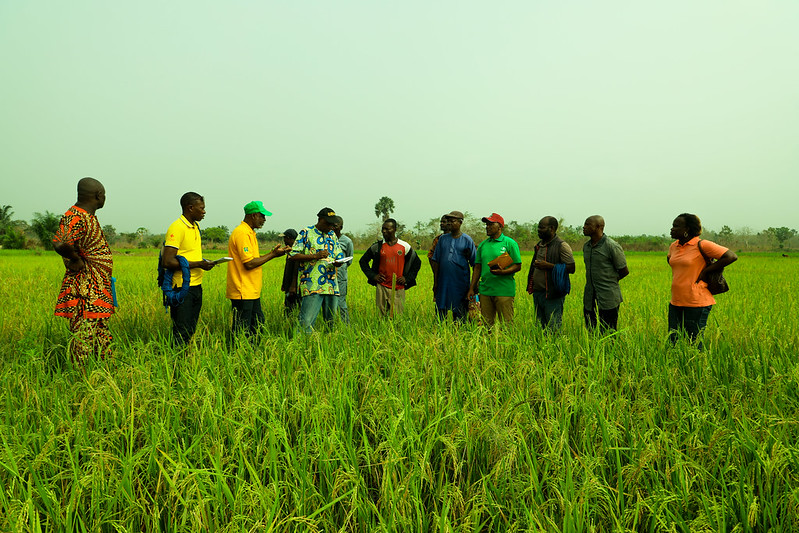
Investments in research and development are yielding technologies and innovations in climate-resilient crop varieties and livestock breeds that have the potential of building climate resilient food systems and helping people avoid or reduce the cost of climate change.
However, enhancing the adoption of these technologies and innovations remains a fundamental challenge in the aggregated efforts at reducing food insecurity due to climate risk.
The CGIAR reports that in Tanzania and Malawi alone, the benefits of adopting resilient seeds are estimated to be between USD 984 million and 2.1 billion between 2020–2050.
Translating these investments into effective adaptation requires creating delivery channels to finance and scale relevant technologies through large scale investment programmes to ensure farmers benefit from a coordinated set of investments in strengthening country systems, improving access to finance, de-risking the transition for farmers, irrigation, and other critical inputs.
These and many more occupied the front burner of discussions at a recent partnership meeting between the Global Centre on Adaptation (GCA) and the CGIAR. The meeting, which was held from the 13th to 14th March 2024 in Nairobi, Kenya, identified specific projects and programmes where extant gaps in food system resilience are being addressed.
These are CGIAR-led African Development Bank’s Technologies for African Agricultural Transformation (TAAT) programme and the BMGF – World Bank Food Security Resilience Program (FSRP) investment project in Ethiopia. Recognising the remarkable footprints of these two programmes, the GCA and the CGIAR representatives at the meeting underlined the urgency of expanding the pipeline of investment projects and programs that integrate and scale these adaptation solutions.
In an emotive presentation on Mainstreaming the TAAT Model for Delivery and Scaling of Technologies through Country Engagements, the Head of the TAAT Clearinghouse, Dr Solomon Assefa espoused the TAAT delivery model which delivers path-breaking innovations at scale through a complimentary convergence of science, partnerships and policies.
TAAT, according to Dr Assefa, operates through a Regional Technology Delivery Infrastructure (RTDI) comprising international, national, and regional research institutions led by the CGIAR, seed companies, extension service providers, and financial institutions, among other stakeholders.
“Through this RTDI framework, TAAT has successfully introduced climate-resilient wheat varieties, drought-tolerant maize, and high-yielding rice, cassava, high iron bean, sorghum, millet and orange-fleshed sweetpotato varieties including livestock breeds to 12 million farmers, boosting crop production by an estimated 25 million tonnes. This increase in food production is a testament to the programme’s effectiveness in enhancing agricultural productivity in a climate-resilient manner,” he added.
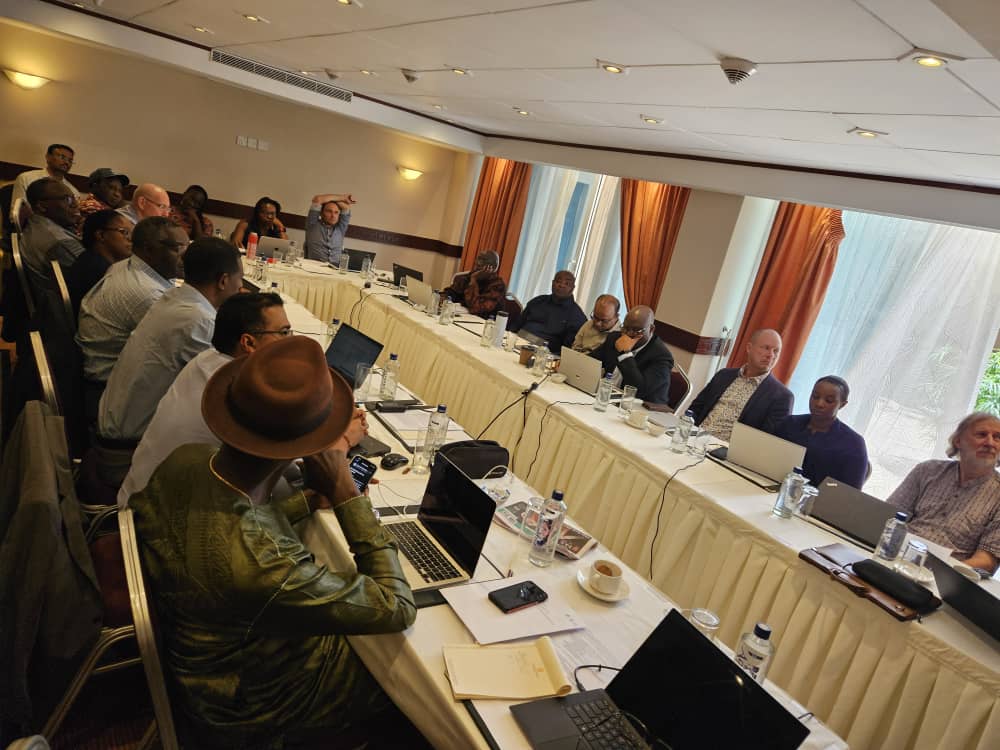
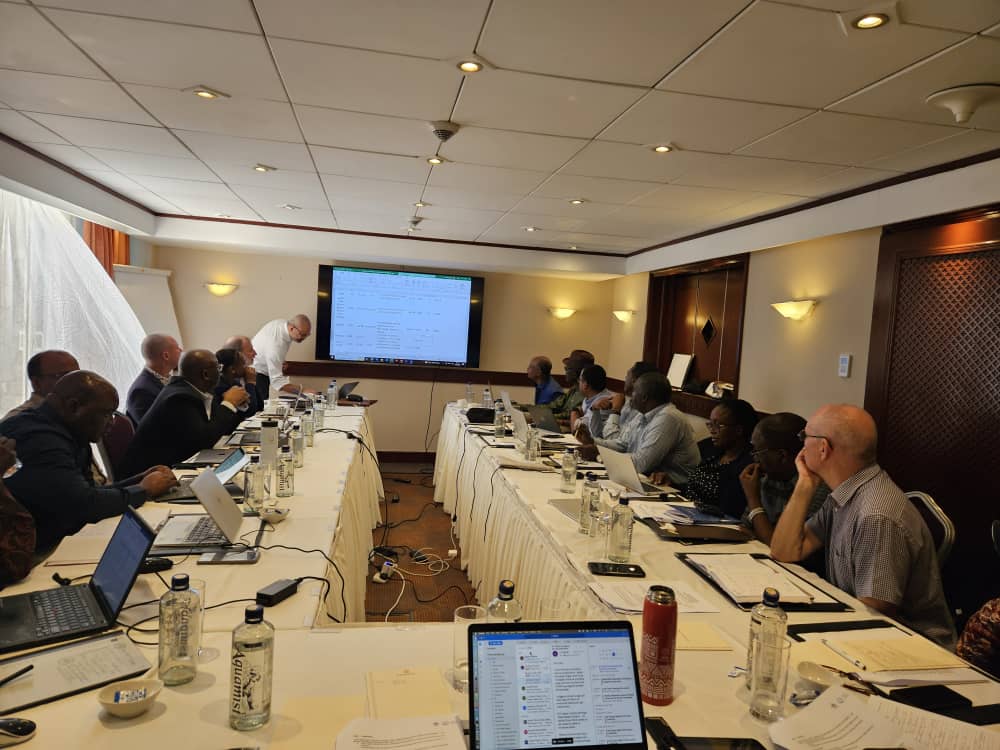
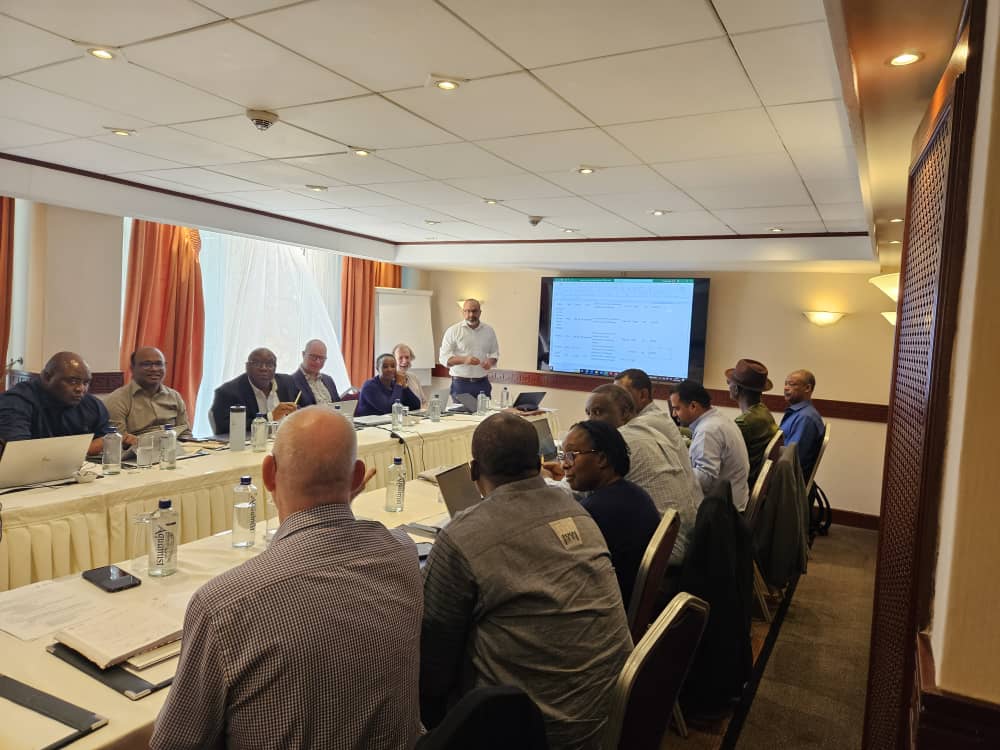
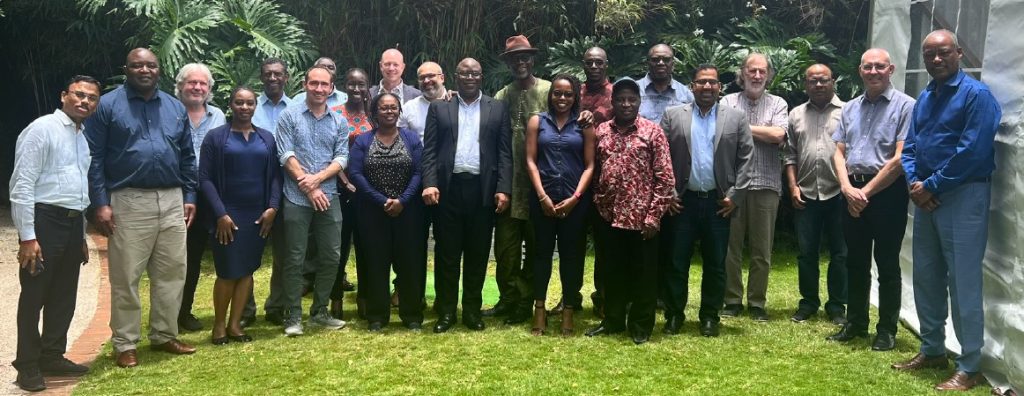
In an overview of GCA’s Activities in Food Security and Rural Wellbeing, Dr Oluyede Ajayi, GCA’s Global Program Lead for Food Security and Rural Wellbeing stated that the Centre had established an innovative business model under the Africa Adaptation Acceleration Programme (AAAP), which accelerates the transmission of science into practice by linking upstream climate science and adaptation innovations with downstream investments financed by international financial institutions (IFIs), governments, and the private sector.
“This business model has demonstrated impact at scale, influencing over $7.8bn in investments in food security, infrastructure, and urban resilience in the first three years of operations,” he said.
These investments are financed by partners, including the African Development Bank, World Bank, IFAD, GCF, and African Financial Institutions. In 2023, GCA also partnered with the IMF to mainstream adaptation through upstream policy reforms incentivised under the IMF Resilience and Sustainability Trust.
In view of GCA’s active portfolio to support 12 IFI projects with a total value of $2.7bn, the partnership meeting further resolved to explore possibilities around leveraging the innovative TAAT model to deliver these projects some of which the TAAT programme currently covers.
These projects include the Program to Build Resilience for Food and Nutrition Security in the Horn of Africa (BREFONS), Programme for the Reinforcement of Resilience to Food and Nutrition Insecurity in the Sahel, Programme for Integrated Development and adaptation to Climate Change in the Zambezi (PIDACC-ZM) and the Climate-Resilient Wheat Value Chain Development Project (CREW).
Others are the Programme National de Developpement Integre de L’Elevage au Senegal (PNDIES), Food Security Resilience Project in Ethiopia, Nigeria Livestock Productivity and Resilience Support Project LPRES, Zambia Growth Opportunities, Ghana Tree Crop Diversification Project, Sustainable Agricultural Production Program (SAPP), and the Inclusive Agri-food Value-Chain Development Programme (PROCAVA).

